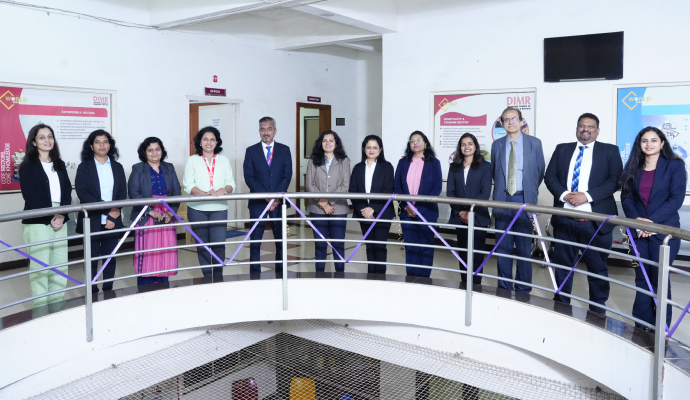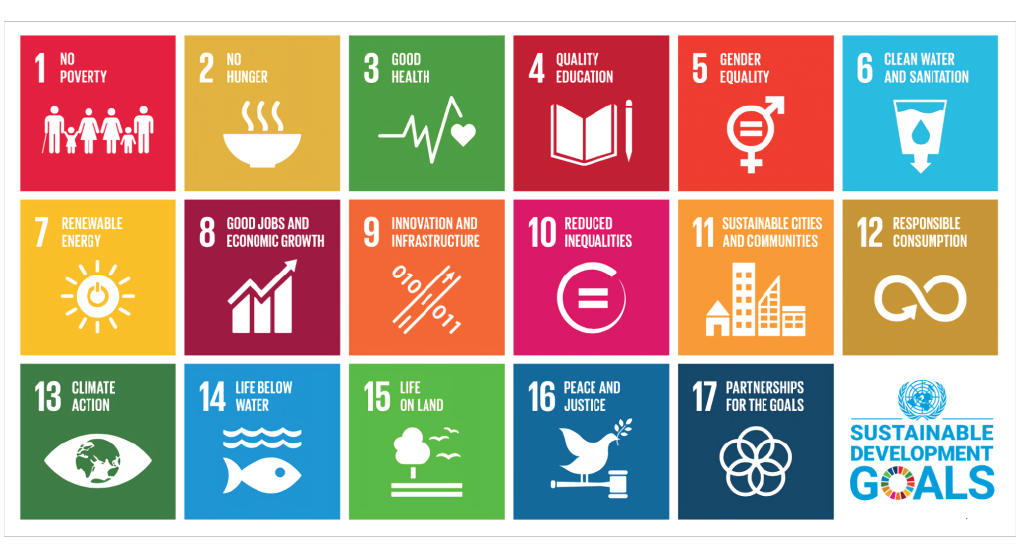SKP's Social Impact
Introduction
In India, the Right of Children to Free and Compulsory Education (RTE) Act was enforced in 2009, which outlines the rights and recommendations for children to have access to free and compulsory education. Since the enablement of the Act, the state of Maharashtra, India, has made great efforts to provide quality education to all. However, access to affordable education that includes quality curriculum, teaching, and assessment, remains a challenge. Most schools have basic infrastructure, but still face barriers regarding “all weather” infrastructure, library resources, usable separate gender toilets, accessible food, playground infrastructure, and safe drinking water.¹

Since 1988 Shri Khanderai Pratishthan (SKP) Campus has been addressing challenges to education by providing affordable, high-quality and accessible education in the city of Pune, Maharashtra. SKP is an Educational Trust established by Honourable Shri Ganpat Balwadkar, a Social Entrepreneur, in June 1988. SKP aims to produce a highly efficient, competitive and resourceful student community to overcome challenges and take advantage of opportunities that continue to present themselves. SKP achieves this through its schools and colleges, providing education from pre-primary to Master’s degrees.
SKP Education has partnered with Huber Social to measure and understand the holistic needs of their students, and the impact of their programs on the lived experience of their students. They further wish to understand how their outcomes are contributing to the United Nations Sustainable Development Goals (UN SDGs). By developing SKP Education’s social impact measurement capability, SKP Education will be enabled to demonstrate its impact to funders and improve the social impact of its programs through data-driven insights. The Social Impact Report of SKP not only serves as a comprehensive analysis of its initiatives but also plays a pivotal role in laying the foundation for its forthcoming venture, the SGB Group
Key Findings
17 Sustainable Development Goals (SDGs)

